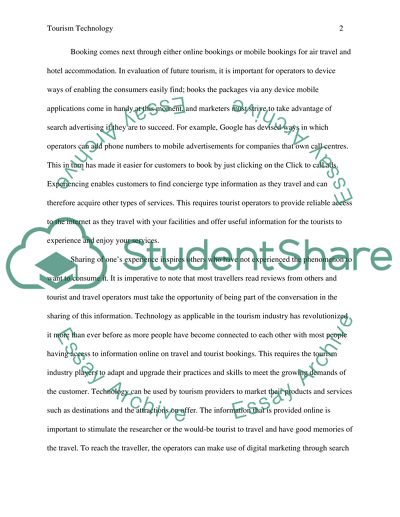Cite this document
(“Business research project Literature review Example | Topics and Well Written Essays - 3500 words”, n.d.)
Business research project Literature review Example | Topics and Well Written Essays - 3500 words. Retrieved from https://studentshare.org/tourism/1475282-business-research-project
Business research project Literature review Example | Topics and Well Written Essays - 3500 words. Retrieved from https://studentshare.org/tourism/1475282-business-research-project
(Business Research Project Literature Review Example | Topics and Well Written Essays - 3500 Words)
Business Research Project Literature Review Example | Topics and Well Written Essays - 3500 Words. https://studentshare.org/tourism/1475282-business-research-project.
Business Research Project Literature Review Example | Topics and Well Written Essays - 3500 Words. https://studentshare.org/tourism/1475282-business-research-project.
“Business Research Project Literature Review Example | Topics and Well Written Essays - 3500 Words”, n.d. https://studentshare.org/tourism/1475282-business-research-project.


